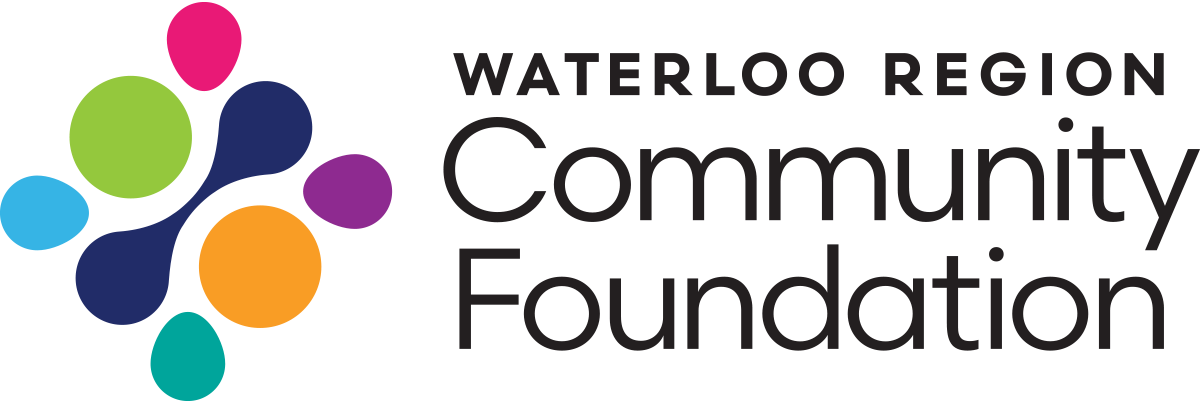Making ID recovery and storage more streamlined and secure
Many of us reach into our wallets every day and don’t think twice about our driver’s license or health card. But for people experiencing homelessness, there is a high likelihood that they do not have a valid piece of identification — which creates barriers to health care, housing and jobs. But now, an organization in Guelph is working on software to make it easier for community organizations to help people recover and store their ID.
Northern Village, a B Corp founded by Arni Mikelsons in 2002, provides website and software development for social impact organizations to make a difference. In 2020, Mikelsons was asked by Street Health, a client working with people experiencing homelessness to build a system that could help manage their ID recovery and storage services.
“So we did it, but it wasn’t done in a way that was robust enough that we could put it out as a service,” he said. “But I realized that there may be an opportunity to create a software as a service that could be used by many community organizations.”
Before moving forward, Mikelsons knew he would need to conduct research to see if there was even a market for the software, called Access2ID. So the organization applied for Investment Readiness Program (IRP) funding through the Regional Partnership, led by Kitchener Waterloo Community Foundation (WRCF), which included Guelph Community Foundation as one of eight additional partners.
“The IRP funding helped us to conduct market research to understand, how many of these organizations are out there, and can we generate enough revenue to be able to support the long term viability of the software service” says Mikelsons.
The telephone survey of 75 organizations across Canada — most of which offer ID clinics and services — proved to be very fruitful. Many reported that they see ID recovery and storage as a very important service. One respondent said that without ID, many people feel invisible. But because many of these organizations lack the resources to manage the incredible demand for the service, the processes are often paper-based or rely on software that isn’t purpose built.
“We have found that there is a market,” Mikelsons said. “We also now understand there is definitely interest in modernizing these systems to keep track of so many private and often complicated pieces of ID application processes.”
In terms of next steps, Northern Village is going to move forward with completing the software, hoping to launch in the summer and start implementing with interested organizations. If your organization is interested in this learning more about this service, please visit: Access2ID.com.
As for the IRP, Mikelsons said that businesses that want to be a force for good, like Northern Village, can have a hard time finding opportunities for non-repayable funding. They are also looking for funding so that they can roll out Access2ID at a more accessible price for smaller organizations. That’s because these businesses aren’t charities, or purely for-profit. Northern Village is itself a registered B Corp, a designation that verifies the company meets high standards of social and environmental performance, transparency and accountability.
“I think the IRP is a wonderful avenue to help people who run businesses that want to do good in the world.”
About the IRP
This project is part of the Investment Readiness Program, funded by the Government of Canada’s SI/SF Strategy. Organizations received funding to access outside expert advice or services to research, design, launch, measure and scale up their social enterprise and get ready to access investment in Canada’s growing social finance marketplace.
To learn more about WRCF and the IRP, please visit www.wrcf.ca/irp. If you are considering an impact investment from WRCF as a source of financing for your organization, visit www.wrcf.ca/impact-investing to learn more.
Note: This story was written prior to Cambridge & North Dumfries Community Foundation and Kitchener Waterloo Community Foundation unifying to become Waterloo Region Community Foundation. Although the story was created by KWCF, we have updated the organization name to WRCF throughout the story.
